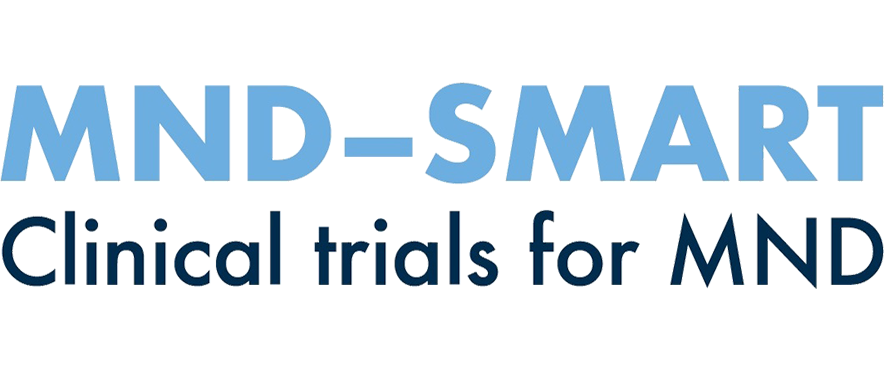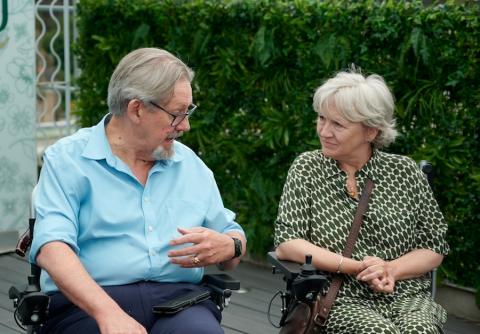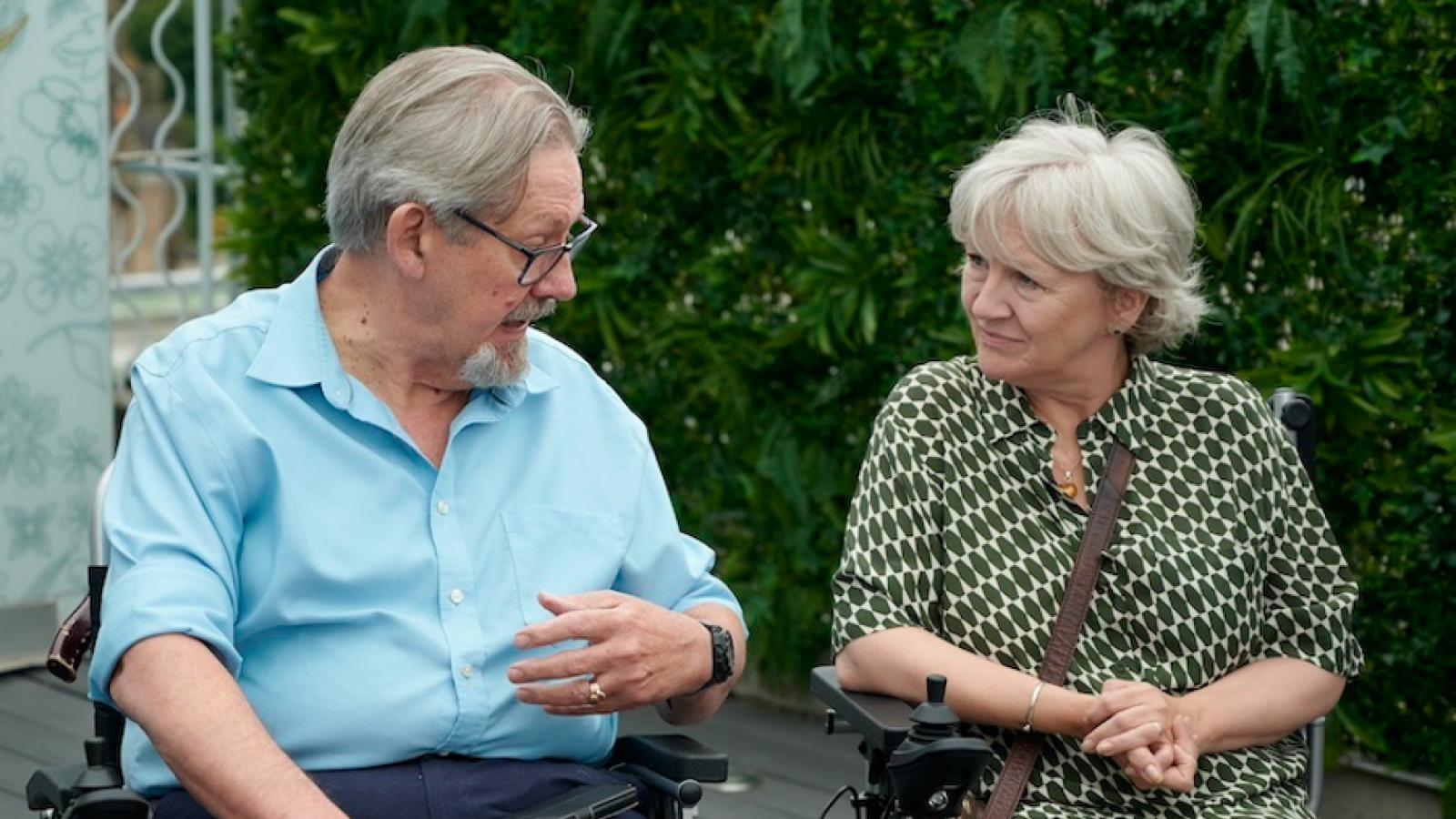
Motor neuron disease (MND) is a rapidly progressive and fatal condition that affects 1 in 300 people. With an average survival of 2-3 years, only one licensed drug since 1995 that provides a modest extension of life by 2 months, over 125 failed trials and less than 10% of people with MND currently taking part in trials, there is an urgent need for advancements in research and therapeutic options.
MND-SMART (MND-Systematic Multi-arm Adaptive Randomised Trial) is a multi-arm, multi-stage trial that evaluates multiple treatments simultaneously. Participants undergoing different treatments are compared with a single group receiving a placebo. This innovative approach increases the likelihood of participants receiving an active treatment, as well as allowing adjustments to be made in real time, in response to emerging results.
In 2023, a £3.3 million project funded by LifeArc launched, aiming to drastically accelerate the development of new treatments by identifying existing drugs which target multiple disease mechanisms implicated in MND. The multi-stage project is first prioritising the top drug candidates using lab testing and an artificial intelligence, machine learning based drug screening process. The top candidates will then be tested in pairs in combination in the stem cell models of MND, against different biological pathways known to be implicated in MND. The ultimate goal is to seek regulatory approval to test the most promising and effective combinations of drugs in MND-SMART.
Tacrolimus is the fourth drug to be tested in MND-SMART.
News



Collaborators


UK DRI labs

